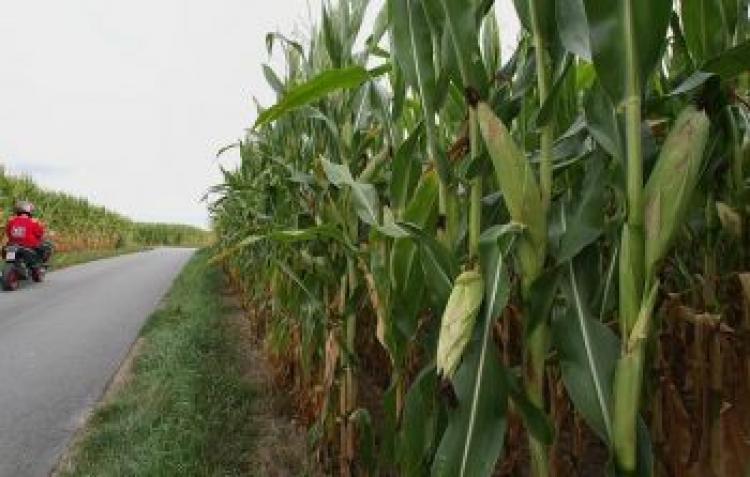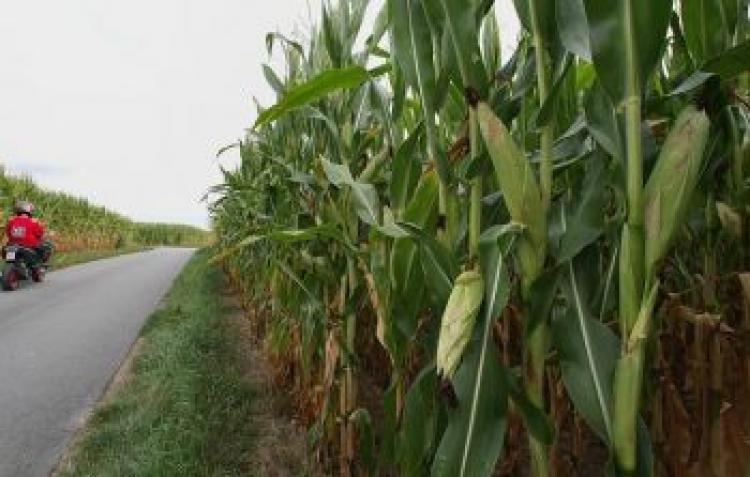Green Fuels Could Damage Environment, Study Claims
New bio-fuels touted as “environmentally-friendly” may be more harmful to the planet than the fossil fuels that are currently used in cars.

CORN FOR FUEL: A new study finds 'environmentally-friendly' bio-fuels may cause more harm than fossil fuels currently used in cars. Ralph Orlowski/Getty Images
|Updated:





